What is LookML? What are Its Features & Applications?

LookML stands for Looker Modeling Language and is a powerful language used by AI/ML engineers to define data relationships, metrics, and dimensions within Looker's data platform.
By learning LookML, professionals can transform raw data into meaningful insights, enabling data-driven decision-making.
This blog post will delve into what LookML is, explore its applications for AI/ML engineers, guide you on how to learn this versatile language, and highlight the career opportunities for those who are proficient in LookML.
What is LookML?
LookML is a robust modeling language designed specifically for Looker, a premier business intelligence platform.
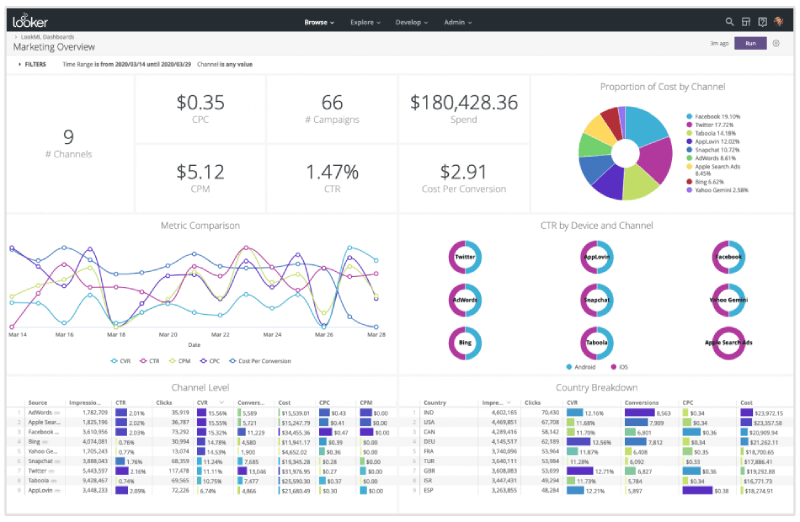
By using LookML, AI/ML engineers can create reusable, scalable data models that simplify complex queries and enable more intuitive data exploration.
Key Features of LookML
- Data Transformation: Convert raw data into meaningful insights with ease.
- Reusable Components: Build modular data models that can be reused across multiple projects.
- Consistent Data Logic: Ensure data consistency and accuracy by centralizing logic in one place.
- Efficient Collaboration: Allow teams to collaborate seamlessly by sharing and iterating on data models.
How does LookML Work?
LookML operates by defining the structure and logic of your data in a way that makes it easily accessible and usable within Looker.
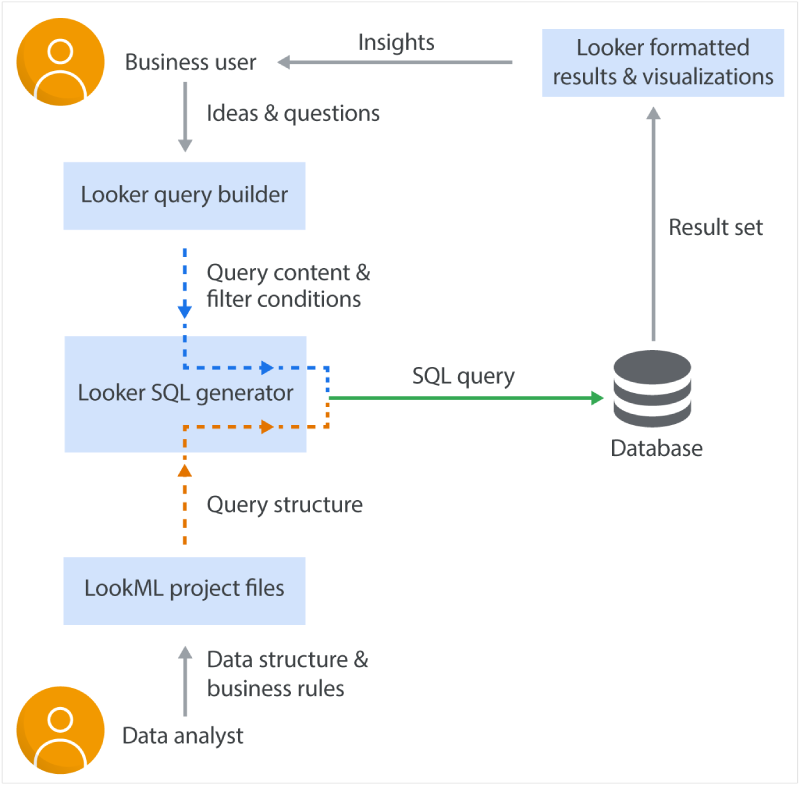
Source: Google
Here's a breakdown of how LookML works:
Data Modeling
At its core, LookML allows you to create models that represent your data’s structure.
These models define how tables are related and how specific fields should be interpreted. This ensures that your data is organized and consistent.
Dimensions and Measures
In LookML, dimensions are the attributes of your data that can be used for slicing and dicing, such as dates, names, or IDs.
Measures, on the other hand, are the calculations performed on your data, such as sums, averages, and counts.
By clearly defining dimensions and measures, LookML simplifies complex queries, making it easier to extract meaningful insights.
Reusable Components
LookML promotes code reusability by allowing you to build modular components.
You can create reusable snippets of code, known as "Views," which can be referenced across different models. This reduces redundancy and ensures consistency across your data analysis projects.
Centralized Data Logic
Keeping your data logic centralized in LookML means that any changes or updates to your data models are applied universally.
This minimizes discrepancies and errors, ensuring everyone in your organization is working with the same accurate data.
Integration with SQL
LookML translates your modeling language into SQL queries that Looker runs against your database.
This integration leverages the power of SQL while providing an abstraction layer that makes it easier for non-technical users to interact with data.
Version Control and Collaboration
LookML supports version control systems like Git, enabling collaborative development and tracking changes made to data models. This fosters teamwork and accountability, allowing multiple users to contribute to and refine data models efficiently.
How to Learn LookML
Mastering LookML can open up numerous career opportunities in the field of data analytics and business intelligence. Here are some valuable resources to help you learn LookML:
Looker Documentation
The official Looker Documentation is an essential starting point. It provides comprehensive guides, tutorials, and examples to help you understand the basics of LookML and how to use it effectively.
Looker Training Courses
Looker offers a variety of training courses, both free and paid, to help you get up to speed with LookML.
These courses range from beginner to advanced levels and cover topics like data modeling, dashboard creation, and best practices.
Google offers a dedicated learning path for Looker in their "BI and Analytics with Looker" course.
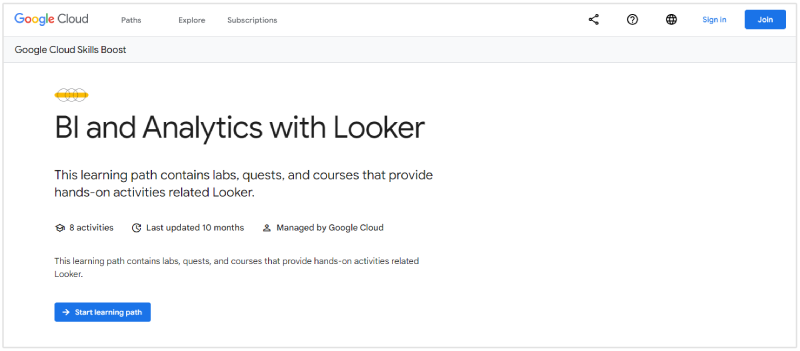
Online Learning Platforms
Several online learning platforms offer courses specifically focused on LookML:
- Coursera: Courses on data analysis and Looker fundamentals can be found here.
- Udemy: Offers in-depth LookML courses designed by industry experts.
- LinkedIn Learning: Provides video tutorials and courses on LookML and data modeling.
Community Forums and Groups
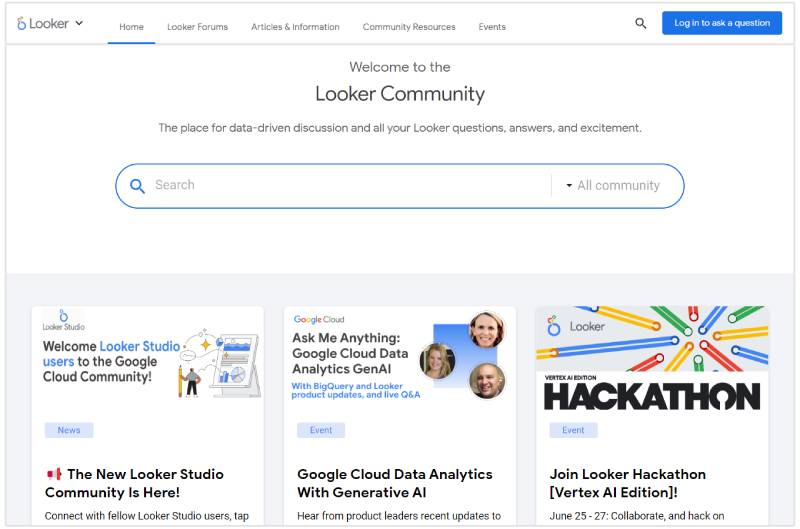
Engaging with the Looker community can accelerate your learning process.
Join forums, discussion groups, and online communities where you can ask questions, share knowledge, and network with other LookML users.
The Looker Community is a great place to start.
Practice and Real-World Projects
Hands-on practice is crucial for mastering LookML. Work on real-world projects or create your own data models to apply what you've learned. Using tools like Looker's free trial can provide a sandbox environment to experiment with LookML without any financial commitment.
How is LookML Used in the Real World?
LookML is utilized by organizations across various industries to transform raw data into actionable insights. Here are a few practical examples of how LookML is used in the real world:
E-commerce Analytics
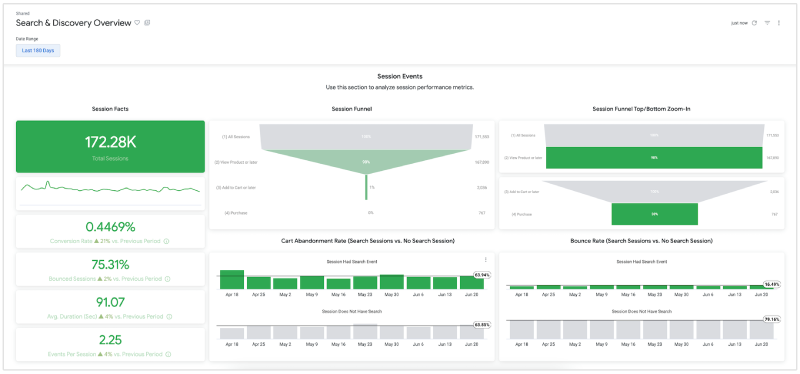
In e-commerce companies, LookML is used to create detailed sales reports and customer behavior analyses.
By defining views for order data, customer data, and product data, LookML enables businesses to track metrics such as conversion rates, average order value, and customer lifetime value.
These insights help e-commerce companies optimize their marketing strategies, inventory management, and customer engagement.
Financial Reporting
Financial institutions use LookML to streamline their reporting processes.
LookML models can incorporate various financial datasets, including transactions, account balances, and market data.
This allows financial analysts to generate accurate financial statements, monitor key performance indicators (KPIs), and conduct profitability analyses. With LookML, financial reporting becomes more efficient and reliable, supporting better decision-making.
Healthcare Data Analysis
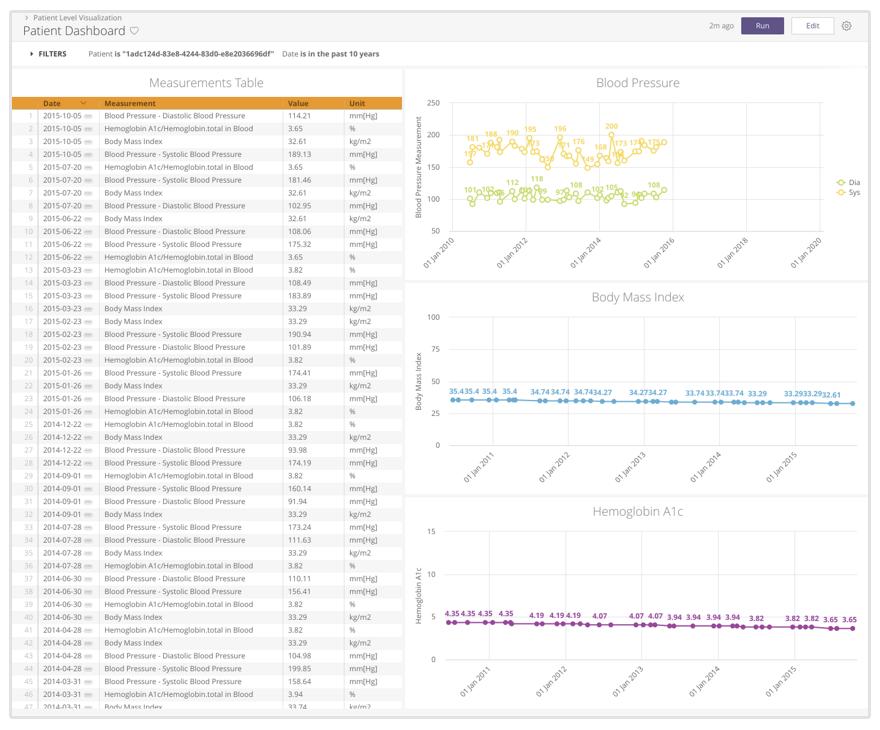
In the healthcare sector, LookML is employed to analyze patient data, treatment outcomes, and operational efficiency.
Hospitals and clinics can create LookML models to track patient admissions, treatment effectiveness, and resource utilization.
By providing a clear view of healthcare data, LookML helps medical professionals improve patient care, optimize resource allocation, and ensure regulatory compliance.
Career Opportunities for LookML Professionals
Proficiency in LookML can open up a range of exciting career opportunities in various fields. Here are some career paths that LookML professionals can pursue:
- Data Analyst: Data analysts use LookML to create and maintain data models that support reporting and analysis.
- Business Intelligence (BI) Developer: BI developers design and implement data models, reports, and dashboards that help organizations make informed decisions.
- Data Engineer: Data engineers focus on building and optimizing data pipelines, ensuring that data is collected, stored, and processed effectively.
- Analytics Engineer: Analytics engineers bridge the gap between data engineering and data analysis.
- Data Scientist: Data scientists often rely on LookML to prepare and explore data before applying advanced analytical techniques and machine learning models.
- Consultant: Consultants specializing in data and analytics can use LookML to help organizations optimize their data strategies.
- Training and Support Specialist: Professionals in training and support roles can use their LookML expertise to educate and assist users in leveraging Looker and LookML effectively.
If you're looking for a career in AI, machine learning, or data science, be sure to check out our database of open positions in these fields.
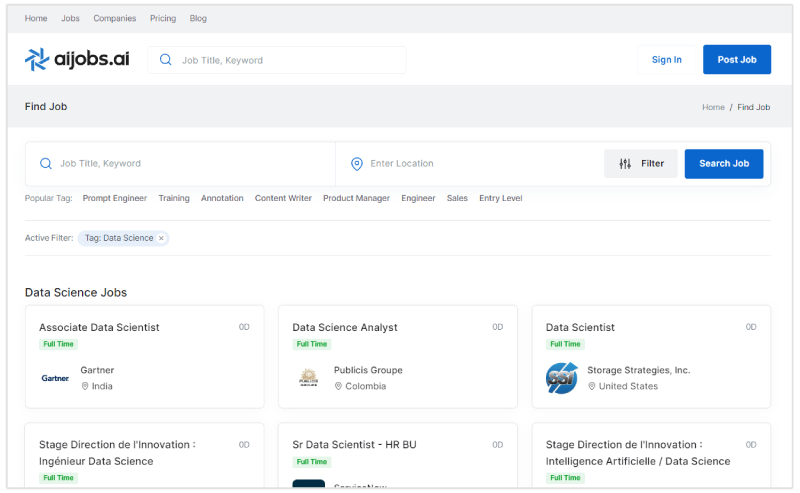
And if you meet the job description's requirements, you can directly apply for these positions on AI Jobs.
Conclusion
Mastering LookML offers a gateway to transforming complex data into actionable insights and opens numerous career paths across various industries.
By taking advantage of the power of LookML, you can significantly enhance your data modeling capabilities and contribute to your organization's data-driven success.
Whether you're starting your journey or looking to deepen your expertise, the opportunities in the world of LookML are vast and continually expanding.








